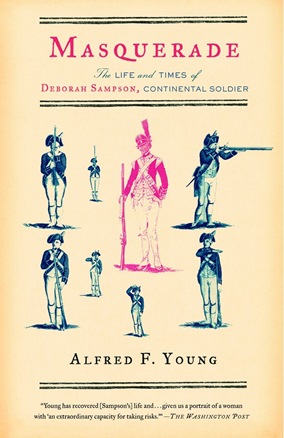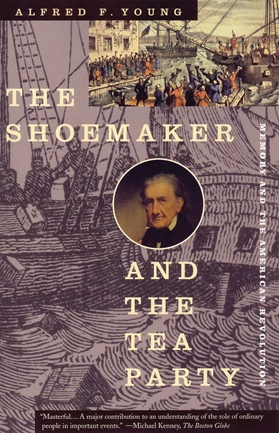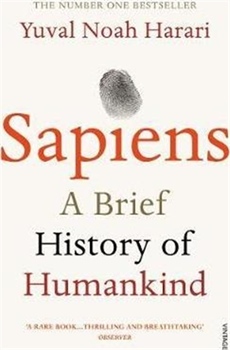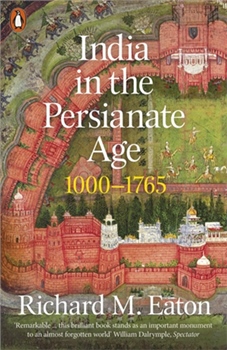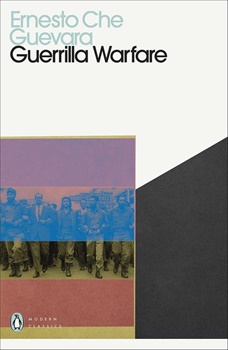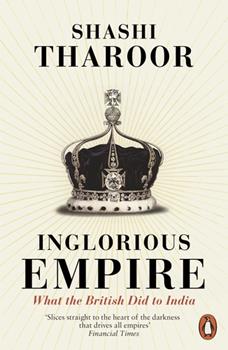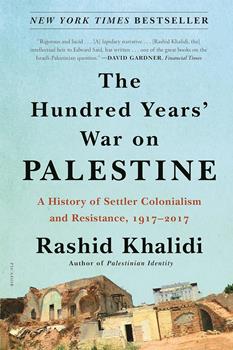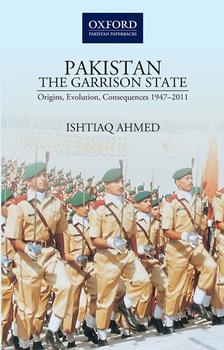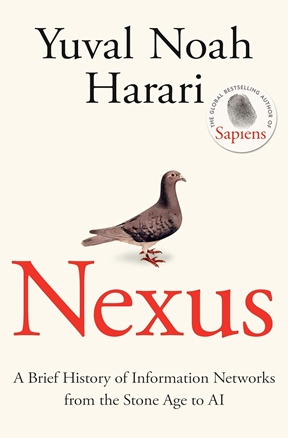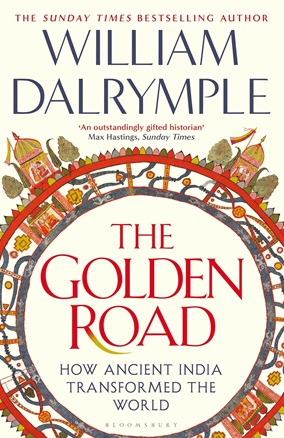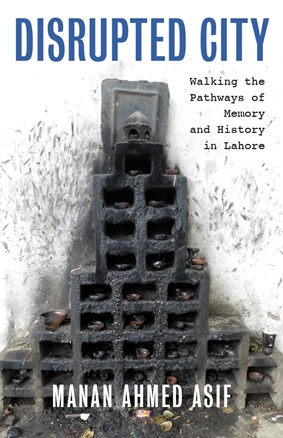Description
In Masquerade, Alfred F. Young scrapes through layers of fiction and myth to uncover the story of Deborah Sampson, a Massachusetts woman who passed as a man and fought as a soldier for seventeen months toward the end of the American Revolution.
Deborah Sampson was not the only woman to pose as a male and fight in the war, but she was certainly one of the most successful and celebrated. She managed to fight in combat and earn the respect of her officers and peers, and in later years she toured the country lecturing about her experiences and was partially successful in obtaining veterans’ benefits. Her full story, however, was buried underneath exaggeration and myth (some of which she may have created herself), becoming another sort of masquerade. Young takes the reader with him through his painstaking efforts to reveal the real Deborah Sampson in a work of history that is as spellbinding as the best detective fiction.
About the Author
Alfred Fabian "Al" Young was an American historian. Young is regarded as a pioneer in the writing of the social history of the American Revolution and was a founding editor of the academic journal Labor: Studies in Working-Class History of the Americas.He was the second son of Gerson Yungowitz, a Polish-born ethnic Jew who had grown up in London, and the former Fanny Denitzen, an East European émigré to America. The family surname was Americanized to Young after his father's arrival in America. His parents divorced when Al was a child and he was raised by his mother in suburban Jamaica, New York.Young attended public schools, graduating from Jamaica High School in Jamaica, Queens at the age of 16, academically ranked 4th in his class of 400 students. He subsequently attended Queens College, from which he graduated in 1946 with a Bachelor of Arts degree in Economics. His experience at Queens College was important in his intellectual development as a budding social historian with an emphasis on the working class, as it was there that he studied under pioneer industrial historian Vera Shlakman as well as scholar of the Haymarket affair and biographer of Terence Powderly, Henry David.Young went on to earn a Master's degree from Columbia University in 1947, from whence he moved to Northwestern University in Chicago, where he began work on a PhD.After three years of course work at Northwestern, Young took a series of teaching jobs at three eastern universities, while continuing to work on his dissertation in his spare time. He was ultimately awarded his PhD by Northwestern in 1958.[3] His thesis title was "The Democratic-Republican movement in New York State, 1788-1797".In 1952 Young married Marilyn Mills, with whom he ultimately raised three daughters.After working in a series of temporary positions, in 1964 Young was hired by Northern Illinois University to a tenure track position in the field of American history.[2] He would continue to teach there for a quarter century before his retirement in 1989.His first book, The Democratic Republicans of New York: The Origins, 1763-1797, was published in 1967 and won accolades from the Institute of Early American History and Culture, which awarded it its Jamestown Prize.During the tumultuous era of the Vietnam war, Young emerged as an outspoken advocate of academic freedom and the defense of college professors with political views outside the mainstream from employment retaliation. He was the founder of the Committee on Academic Freedom in Illinois in 1968, an organization formed to halt the blacklisting of radical historian Staughton Lynd, and was active in the Committee on the Rights of Historians of the American Historical Association from its inception in 1971.After his retirement from teaching, Young took a position as a Senior Scholar in Residence at the Newberry Library in Chicago. Freed from the constraints of the classroom, Young managed to increase his literary productivity, releasing several essays collections and expanding his influential 1981 article on colonial shoemaker George Roberts Twelves Hewes into book form as The Shoemaker and the Tea Party: Memory and the American Revolution (1999).He also published an important biography of a seldom-remembered colonial woman who assumed a male gender identity in order to fight in the Revolutionary War, Masquerade: The Live and Times of Deborah Sampson, Continental Soldier (2005).In 2004, Young was a founding editor of the academic journal Labor: Studies in Working-Class History of the Americas, published today by Duke University Press.[8]Al Young was stricken by his first heart attack in May 2012. His productive work as a working historian was thereby brought to an end.Young died November 6, 2012, in Durham, North Carolina, following a second heart attack — this time fatal. He was 87 years old at the time of his death.[https://en.m.wikipedia.org/wiki/Alfre...]
